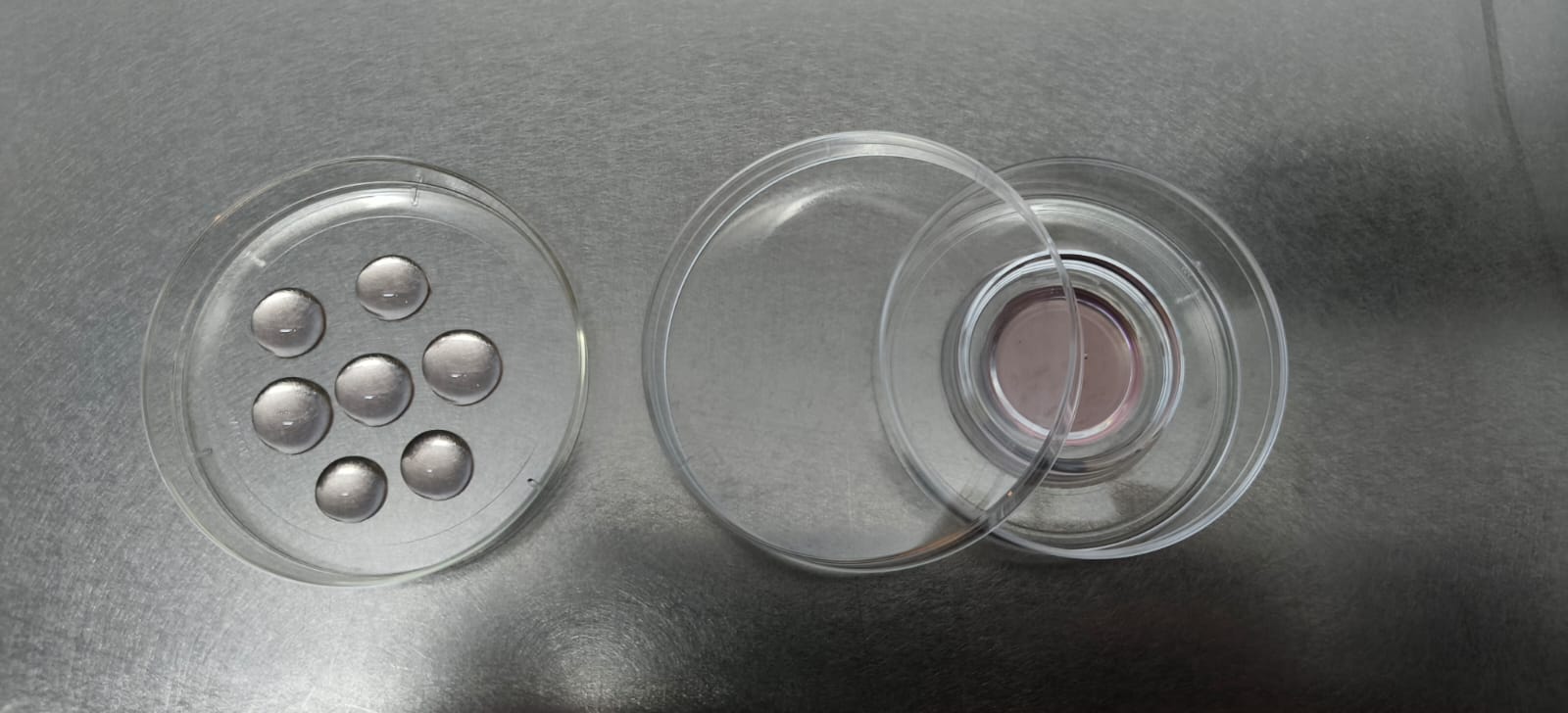
Struggling to conceive naturally? You’re not alone. Many couples and individuals face fertility challenges, and In-Vitro Fertilization (IVF) has become a popular solution. IVF is one of the most effective assisted reproductive technologies (ART), helping millions achieve their dream of parenthood.
In this blog, we’ll break down what IVF is, how it works, and why it’s called “test-tube baby” treatment, all in simple terms.
What is IVF?
IVF is a medical treatment that helps people get pregnant when natural conception isn’t working. In this process, a woman’s egg and a man’s sperm are combined outside the body in a lab. Once fertilisation happens, the healthiest embryo is placed into the woman’s uterus, where it can grow into a baby.
How did IVF get its name? The Interesting story.
The name In-Vitro Fertilization (IVF) comes from the Latin term “In-Vitro,” meaning “in glass.” This is because, in the early days, fertilization was done outside the human body in glass lab containers like Petri dishes and test tubes. This process led to the term “test-tube baby,” even though fertilization actually happens in Petri dishes, not test tubes.
How Does IVF Work?
- Egg & Sperm Collection – The woman’s eggs and the man’s sperm are collected for fertilization.
- Fertilization in the Lab – The sperm and egg are combined outside the body in a special lab.
- Embryo Growth – The fertilized egg (now an embryo) is monitored for a few days.
- Embryo Transfer – The best embryo is placed into the woman’s uterus.
- Pregnancy Test – A test is done after two weeks to check if pregnancy has started.
Why Do People Choose IVF?
People go for IVF for many reasons, including:
- Trying to conceive for a long time without success
- Blocked fallopian tubes
- Low sperm count or poor sperm quality
- Unexplained infertility
- Wanting to screen embryos for genetic conditions
- Same-sex couples or single parents wanting a biological child
Is IVF the Right Choice for You?
If you’ve been struggling to conceive, IVF can be a life-changing option. The success rate depends on factors like age, health conditions, and medical history. It’s always best to talk to a fertility specialist to understand if IVF is the right choice for you.
Thinking About IVF?
IVF has helped millions of people become parents. Thanks to modern medical technology, success rates continue to improve, making IVF a reliable solution for many. Got questions about IVF or fertility treatments? Drop a comment below or share your thoughts!

Leave a Reply